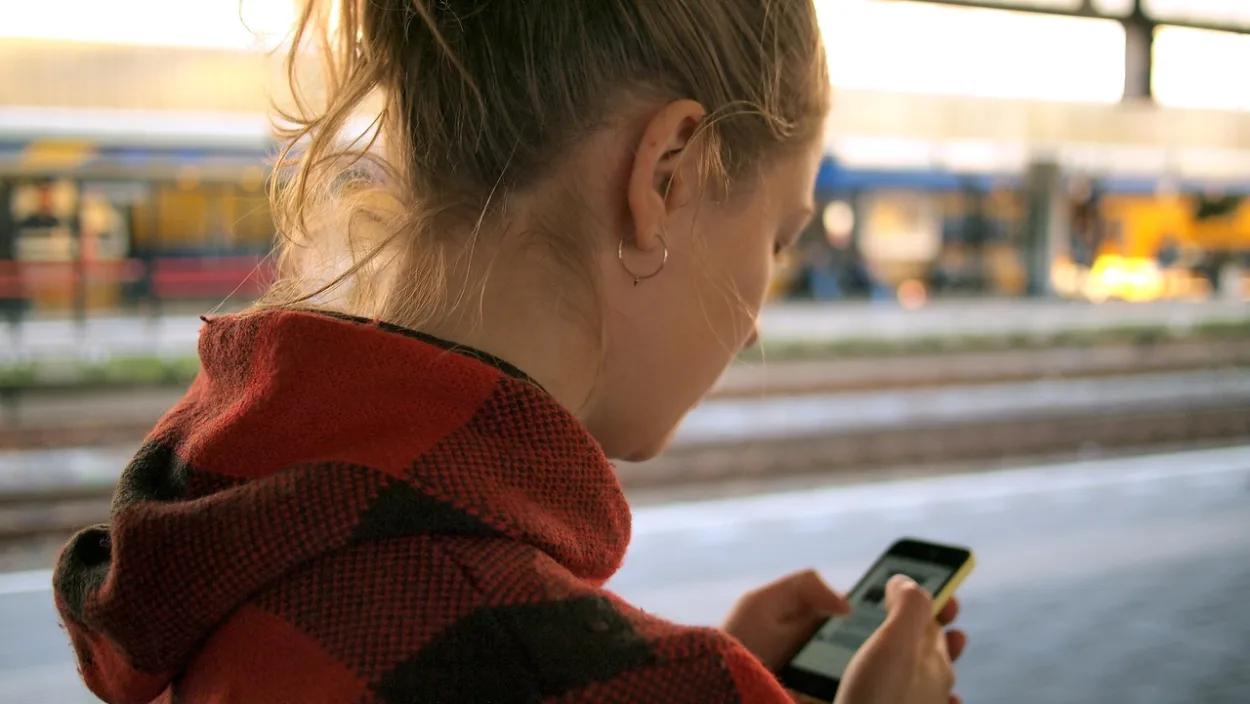
The online world has faced a major boom in social media platforms and usage in the past decade. Children of all ages are exposed to a bright, entertaining world at the tips of their fingers, and many of them have little to no limits on screen time.
Social media, when used in moderation, can have positive benefits for individuals. It can create a sense of community, offer affirmation and increase feelings of closeness with loved ones who live far away. However, personal experience and data suggest that social media can be damaging for adults, teens and children.
In this article, we’ll look at the negative impacts of social media, including distraction, poor coping mechanisms, lowered self-confidence and sleep disruption among others.
Negative effects of social media
The sudden growth of social media and the addictive nature of these platforms has left little room for ethical debates and regulations aimed to ensure that these apps are promoting health instead of opposing it. Here are some of the top negative effects of social media that you may experience personally.
Distraction
Social media scrolling can be a huge time sucker. If you’ve ever opened an app and looked up only to realize an hour has passed, you’re not alone. Many apps are designed to keep you unaware of the time, whether the format of the app hides your clock, or your personalized algorithm adds more interesting posts as soon as you start to slow the scroll.
Social media can offer a huge distraction from the most important things in your life, like family life, school, work, rest and exercise.
Exposure to inappropriate content
There has been much speculation around social media’s “confirmation bias” that leads to radicalized information on the platforms you visit. This means that the information you spend time looking at and absorbing is all calculated into showing you more content that you agree with.
The longer this cycle continues, the more extreme your content will become. Moreover, exposure to social media also increases your risk for an addiction to social media or pornography, which can spiral into behavior that interferes with daily life and plunges you into a depressed mood.
Cyberbullying
The internet allows people a disguise of anonymity which is hardly available elsewhere in life. You’d be hard-pressed to find a platform outside of the online world where you can voice your opinions, no matter how cruel, without any social or legal ramifications.
Social media platforms allow users to create multiple profiles under false names and mean and hateful messages can spread through anonymous accounts without any repercussions. The worst consequence that individuals are likely to face is a deleted profile.
While cyberbullying may seem like one of the negative effects of social media that only teens are likely to face, adults may suffer from demeaning comments from others, whether they are known or unknown.
Poor coping mechanisms
Social media is often used as a coping device. It’s likely you’ve noticed this in your own behavior, as you may have reached for social media in an awkward social situation or to distract yourself from emotional distress. While distractions are sometimes helpful for coping with strong feelings, the ease of access to flee to social media means that adults and children alike aren’t building important distress tolerance skills.
Coping skills are tools we use to de-escalate ourselves when strong negative feelings arise. Coping maintenance can include deep breathing, positive self-talk, mindfulness and so forth. Flocking to social media can help us numb distress, but it will never teach us how to embrace and solve daily stressors.
Negative effects on self-confidence
One of the most commonly cited consequences of the online world is social media’s impact on body image. Apps like Instagram, TikTok, Facebook and others make individuals prone to post the most flattering, edited and curated content in order to garnish the most views. A culture of self-promotion naturally promotes comparison, often to the detriment of a person’s confidence.
If you’ve felt social media’s impact on body image personally, you may have reacted by minimizing or personalizing your feelings. Social media’s impact on self-esteem isn’t your fault although it may feel like weakness or character flaw. The real fault lies with social media and your best bet for remedying it is to escape the hold of social media.
Social media’s impact on body image can also produce scary results. An endless stream of “perfect” images can lead a person to take drastic measures to meet what is perceived as the beauty standard, like plastic surgery, extreme weight loss measures and even eating disorders.
Mental health concerns
Social media’s impact on body image, self-perception, anonymous posting and poor coping maintenance all contribute to mental health concerns that stem from too much phone usage. The mental health effects of social media include the following, according to the International Journal of Computer Sciences and Engineering.
- Depression
- Anxiety
- Reduced learning
- Reduced human interaction
- Decreased motivation
- Reduced creativity
Social media’s impact on self-esteem and mental well-being is significant, but not irreversible.
Disruption to sleep
There are many mental health effects of social media, but there are also physical consequences that can result from too much screen time. In addition to poor posture, vision issues and decreased activity, overusing social media often leads to a disruption of a normal sleep cycle.
If you’ve found yourself scrolling late at night, you may have noticed that this pre-bed routine actually harms your ability to fall asleep and even the quality of your sleep.
Getting care
If you’ve noticed the negative impacts of social media on your own life and haven’t been able to break out of the distress it has caused you, it may be appropriate to seek professional help. If you feel that your social media usage has spiraled out of control, contact The Light Program to get the help you need.






